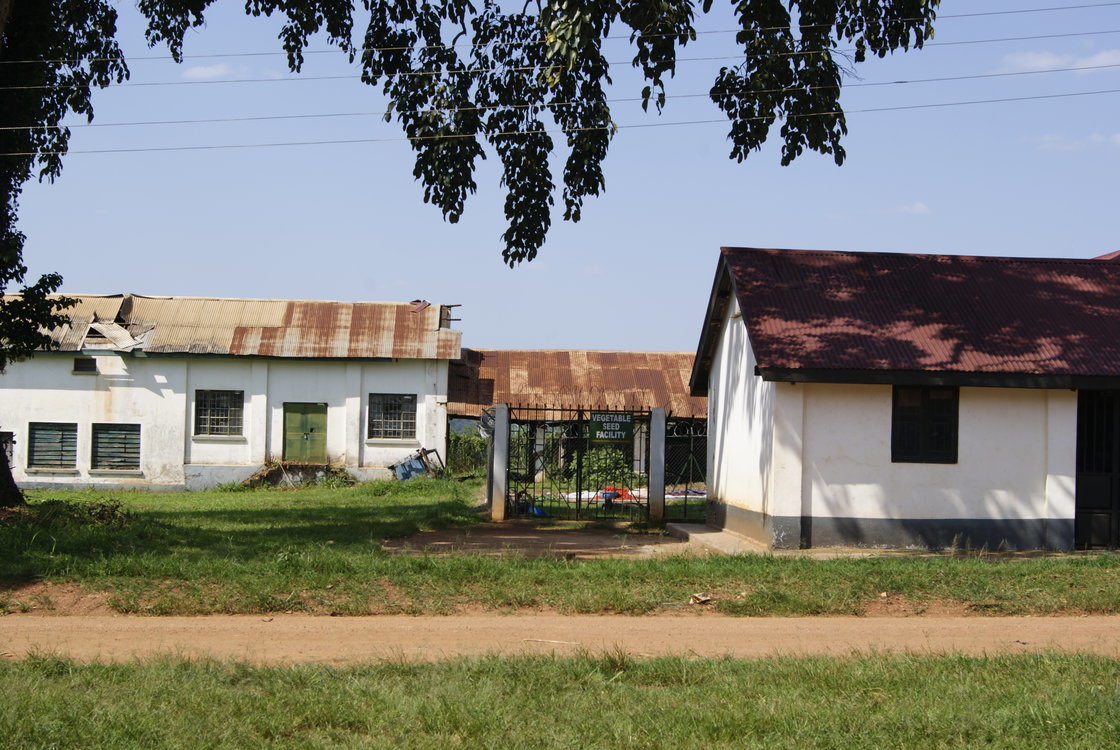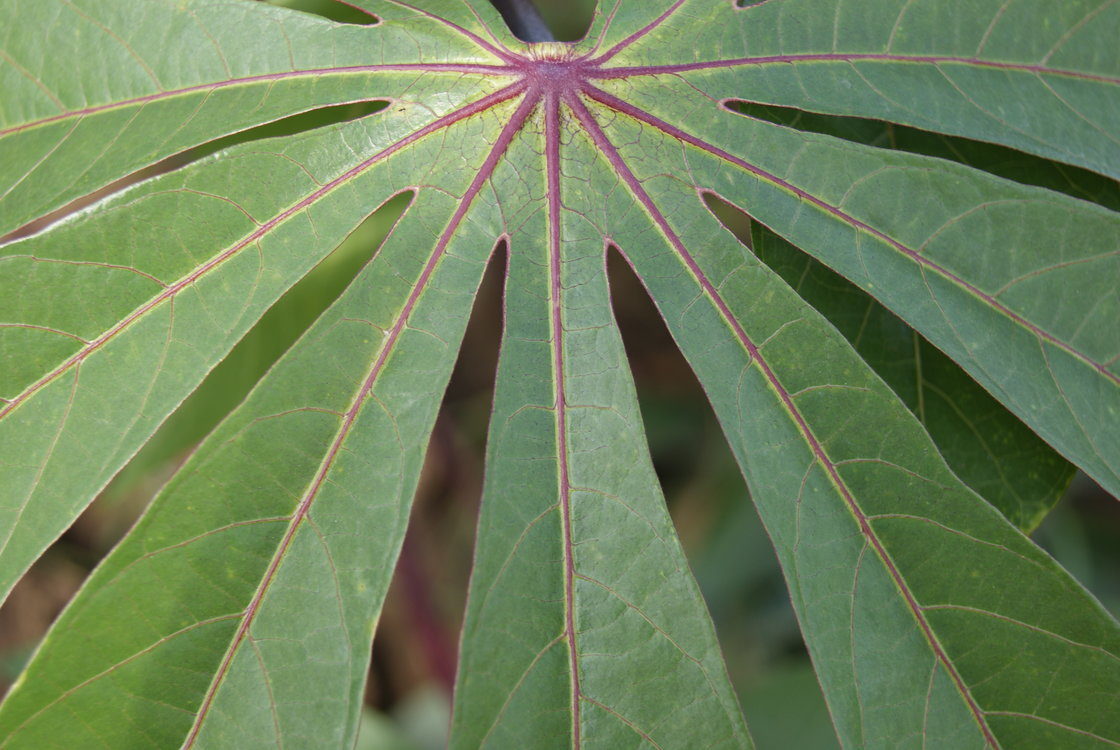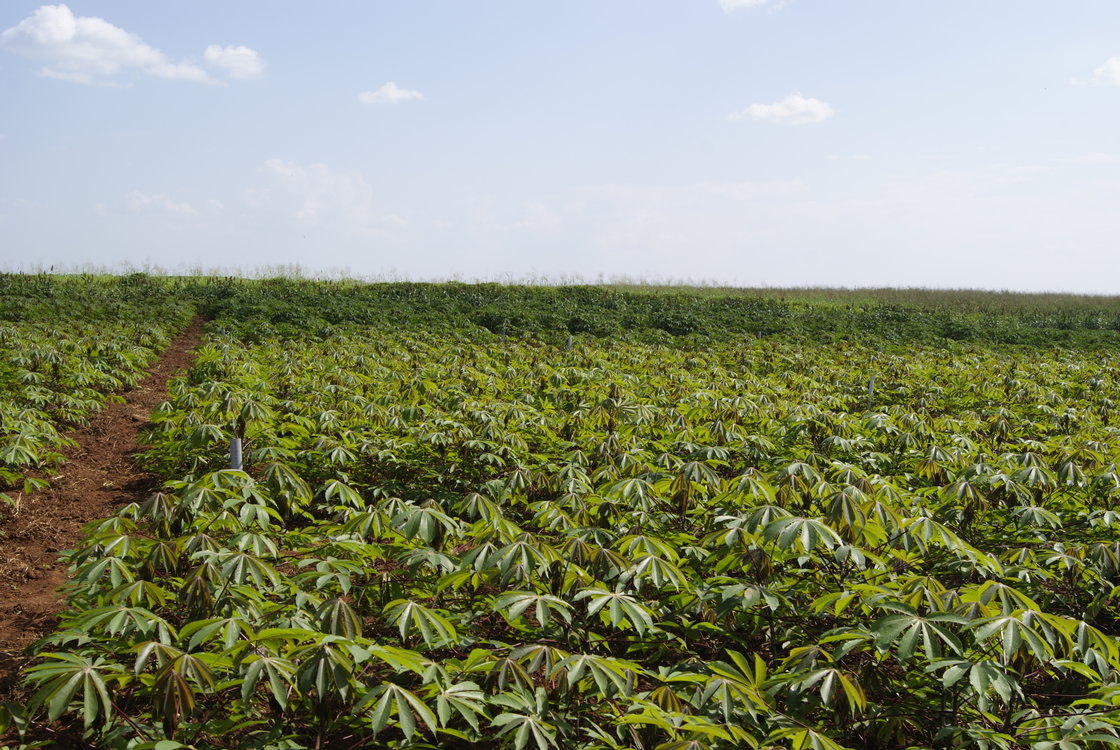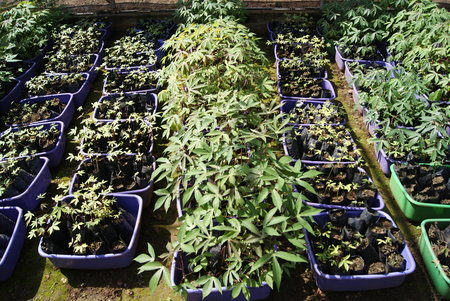
Cassava initiative
The Syngenta Foundation and the Brazilian Agricultural Research Corporation (Embrapa) have developed a seed stake processing and treatment system that enables farmers to use significantly shorter planting pieces. Each piece is coated with a variety of protectants and stimulants. This treatment improves shelf-life, plant vigour and yield potential compared with traditional, larger planting pieces.
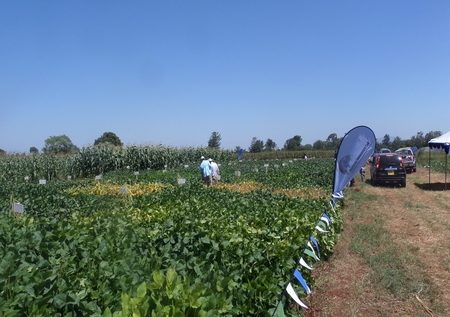
Soybeans
Soybean, like other legume crops, can offer a good rotation opportunity for Africa’s smallholder farmers. Growing conditions are favourable in many parts of the continent. Soybean copes well with a range of abiotic and biotic stresses and requires only limited inputs. It makes an excellent rotation crop for cereals, fixing atmospheric nitrogen to fertilize what are often worn-out soils.

